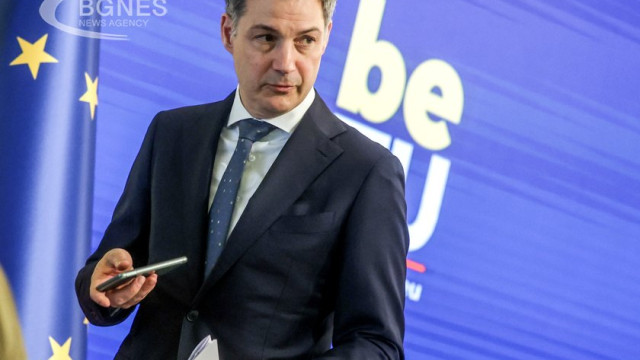The Belgian federal prosecutor's office has opened an investigation into suspected corruption of members of the European Parliament following the discovery of a Moscow-funded influence network, Prime Minister Alexandre De Croo said, specifying that the topic would be discussed next week at an EU summit, AFP reported.
In late March, Prague revealed that Czech intelligence services had uncovered a network funded and organised by Moscow that had been spreading pro-Russian propaganda about Ukraine through the Voice of Europe website.
Belgium then stressed that, according to its services, MEPs 'received money' from this network to promote 'Russian propaganda'.
"Our judicial authorities have confirmed that this interference is prosecutable," De Croo told a news conference. "The cash payments were not made in Belgium, but the interference was," he explained, pointing out that Belgium is the seat of European institutions.
"A file was opened yesterday at the federal prosecutor's office," a spokesman confirmed.
According to the Belgian intelligence services, "Moscow's objectives are clear: to help elect more pro-Russian candidates to the European Parliament" in the June elections "and to strengthen the pro-Russian discourse in this institution, which is extremely worrying," the Belgian prime minister insisted.
"We are obliged to defend the right of every citizen to a free and secure vote," he insisted, without specifying which elected representatives were in question.
"The new (Belgian) national law that came into force this week is explicitly aimed against such interference. But we need to act at European level, we need more tools to fight Russian propaganda and disinformation," De Croo added.
The federal prosecutor's office will "urgently" ask for a meeting with EUROJUST (the EU's judicial cooperation agency) "in the next few days", and the topic will next be discussed at the EU-27 summit of heads of state and government in Brussels on 17 and 18 April.
"We need to examine whether the current mandates of the European Public Prosecutor's Office and the European Anti-Fraud Office (OLAF) allow us to deal with this Russian threat. If not, we need to extend these mandates," said Alexandre De Croo.
He noted that the Czech Republic has already included some of the individuals and organizations involved on its national blacklist and intends to request their inclusion on the EU blacklist as well. / BGNES







